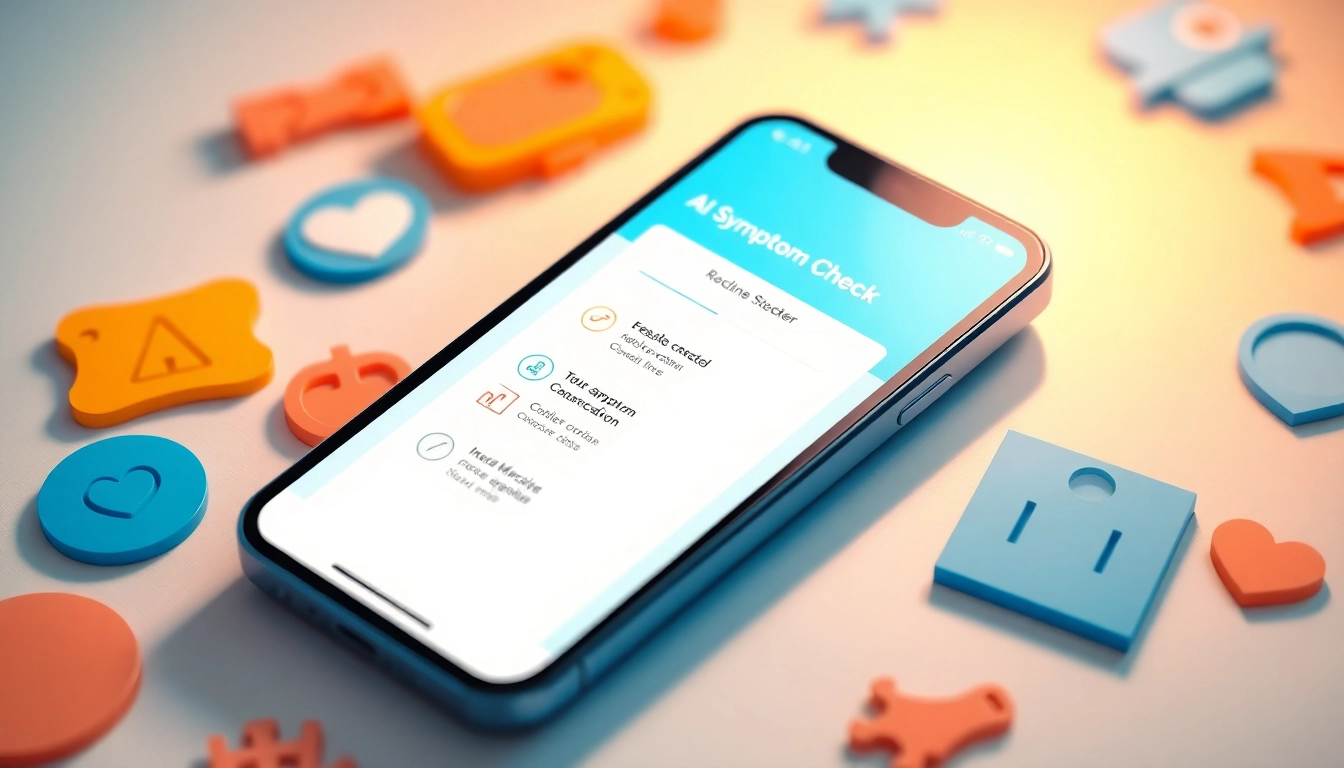Understanding Gym Training Consultation
What is a Gym Training Consultation?
A gym Training Consultation is a personalized assessment and planning service offered by fitness professionals to individuals seeking to enhance their physical fitness. This initial meeting typically includes an evaluation of the client’s current health status, fitness level, goals, and any past experiences with exercise. By gathering this information, trainers can design a roadmap tailored to the individual’s aspirations—whether they aim to build strength, lose weight, improve endurance, or enhance athletic performance.
Importance of Personalized Fitness Guidance
The significance of personalized fitness guidance cannot be overstated. Individuals often struggle with generic programs that fail to account for their unique circumstances, including body composition, lifestyle, and any existing health conditions. A gym training consultation allows for the development of customized exercise plans that cater specifically to the client’s needs and preferences. Additionally, personalized guidance increases motivation and accountability, as clients are more likely to commit to a program designed just for them.
Key Elements of Effective Consultations
An effective gym training consultation incorporates various key elements that ensure a fruitful outcome. Firstly, a comprehensive fitness assessment aims to understand the individual’s physical capabilities, identifying strengths and areas for improvement. Secondly, setting clear, measurable goals is crucial, as they provide direction and motivation for continuous progress. Thirdly, building rapport between the trainer and client fosters an environment of trust and collaboration, leading to better adherence to the program. Finally, ongoing communication allows for regular adjustments based on the client’s feedback and progression.
Types of Consultations Offered in Gyms
One-on-One Consultations: Benefits and Drawbacks
One-on-one consultations are the cornerstone of personalized training. They allow for individualized attention, ensuring that specific needs and preferences are prioritized. Trainers can focus closely on the client’s movement patterns, technique, and feedback during exercises, leading to more effective results. However, the primary drawback of this model is the cost; personal training sessions can be more expensive than group programs, which may deter some potential clients from seeking this personalized support.
Group Consultations: A Community Approach
Group consultations provide a community-oriented approach to gym training. By participating in group sessions, clients can benefit from a supportive environment that fosters motivation through shared experiences. Members may also be encouraged to challenge each other, enhancing the overall experience. However, since the trainer’s attention is divided among multiple clients, individuals may not receive the same level of personalized feedback as they would in one-on-one sessions. This can lead to some clients feeling overlooked or their unique needs unaddressed.
Virtual Consultations: Flexibility and Accessibility
With the advancements in technology, virtual consultations have gained popularity due to their flexibility and convenience. Clients can engage with trainers from the comfort of their homes or while traveling, making it easier to fit consultations into busy schedules. Furthermore, virtual sessions can bring a diverse set of trainers and specialized programs within reach without geographical limitations. However, one of the challenges of virtual consultations is the potential lack of personal interaction, which may lead to a decrease in motivation for some clients.
Preparing for Your Gym Training Consultation
Setting Personal Fitness Goals
Before attending a gym training consultation, it’s essential to set clear personal fitness goals. Establishing these objectives gives both the trainer and client a tangible target to work towards. Goals can vary widely—from losing a specific amount of weight to achieving a certain performance metric or simply enhancing overall health. Utilizing the SMART criteria—Specific, Measurable, Achievable, Relevant, and Time-bound—can help clients articulate their fitness aspirations more effectively.
What to Expect During the Consultation
Preparing Questions for Your Trainer
Preparation plays a crucial role in maximizing the benefits of a gym training consultation. Clients should prepare a list of questions they wish to discuss, such as concerns regarding their current routines, inquiries about exercise techniques, and requests for nutritional advice. Questions may also involve seeking clarification about the trainer’s qualifications, experience, and preferred methodologies. This proactive approach leads to a more informative and interactive session, ensuring that the client’s concerns are adequately addressed.
Best Practices for a Successful Consultation
Effective Communication with Your Trainer
Effective communication can significantly enhance the consultation experience. Clients should openly express their goals, preferences, and any concerns they might have. In turn, trainers must remain approachable and receptive to feedback, creating a safe space for the client to share their thoughts and feelings. Regular discussions about progress and obstacles not only strengthen the client-trainer relationship but also ensure that the training program evolves according to the client’s needs.
Following Through on Recommendations
The success of a gym training consultation largely depends on the client’s dedication to following through on the recommendations made by their trainer. Whether it involves adhering to a workout schedule, implementing dietary changes, or executing prescribed exercises correctly, commitment is key. Clients should maintain a proactive mindset and view these recommendations as stepping stones toward their fitness goals, rather than as onerous tasks to be completed.
The Role of Accountability in Fitness Progress
Accountability is vital for sustaining motivation and ensuring progress throughout the fitness journey. Clients can establish an accountability mechanism by scheduling regular check-ins with their trainers, utilizing fitness apps to track their workouts and progress, or even partnering with workout buddies who share similar goals. Implementing accountability measures helps maintain focus and perseverance, reducing the likelihood of reverting to old habits or falling off the fitness wagon.
Measuring Success After Consultations
Tracking Progress and Adjustments
One of the most effective ways to measure success post-consultation is by tracking progress. This may include recording changes in fitness levels, such as increases in strength, improved endurance, or positive shifts in body measurements. Regular assessments help identify milestones achieved and areas needing modification. If progress plateaus, adjustments can be made to prevent stagnation, allowing the client to continue advancing towards their goals.
Utilizing Feedback for Improvement
Another crucial aspect of evaluating success is utilizing feedback effectively. Clients should actively solicit feedback from their trainers regarding their form, execution of exercises, and overall progression. By implementing suggested changes, clients can further enhance their performance and minimize the risk of injuries. Additionally, clients should reflect on their experiences and communicate any challenges they face, as this dialogue will lead to more effective training strategies.
Long-Term Benefits of Regular Consultations
The long-term benefits of regular gym training consultations are significant. Ongoing sessions provide continuous motivation, direction, and an adaptive program that evolves with the client’s changing needs. Moreover, the knowledge gained from engaging with a professional trainer can empower clients to become more independent and confident in their fitness journeys. This confidence not only fosters a sense of accomplishment but often translates into improved mental and emotional well-being as clients cultivate a healthier lifestyle.



